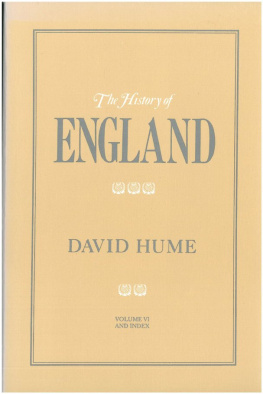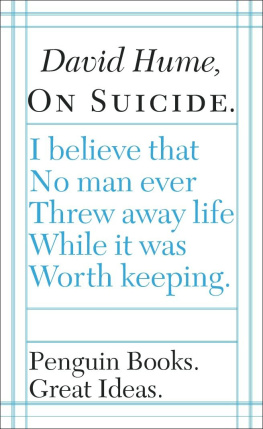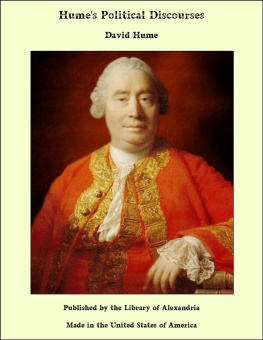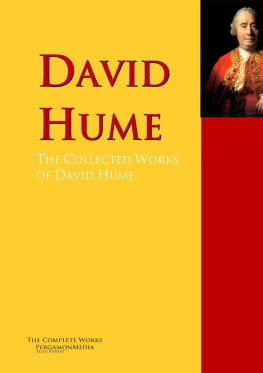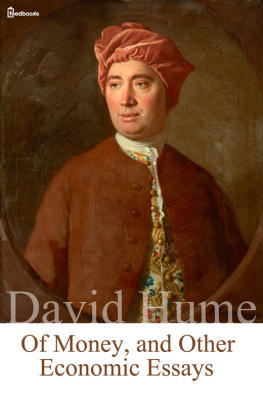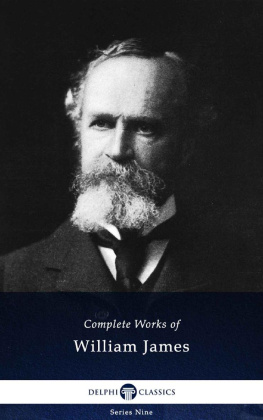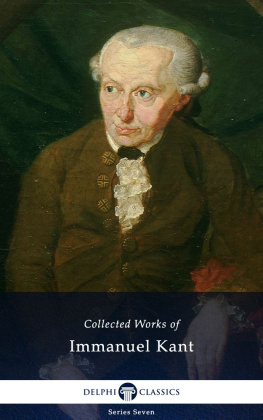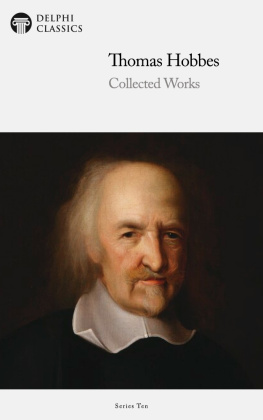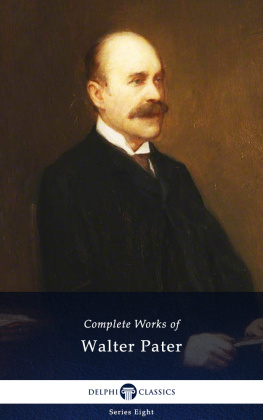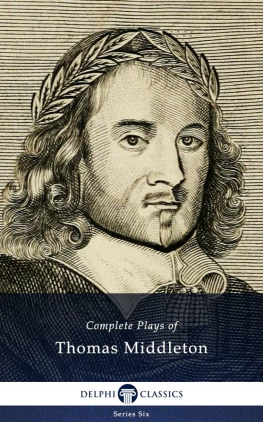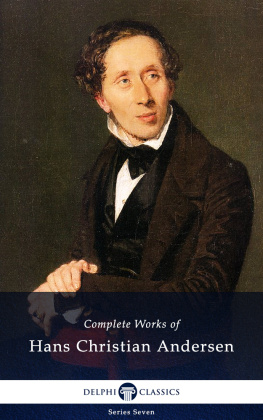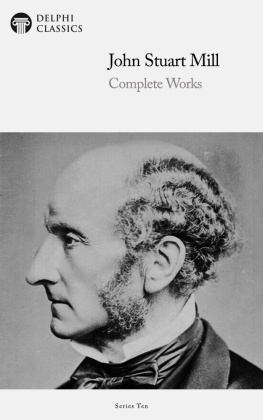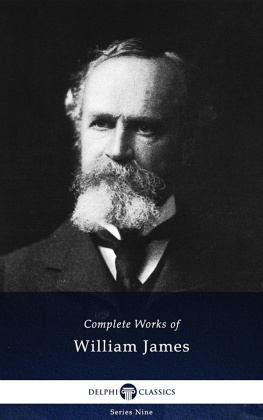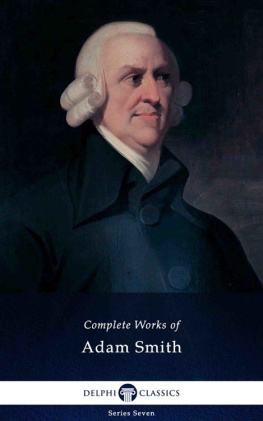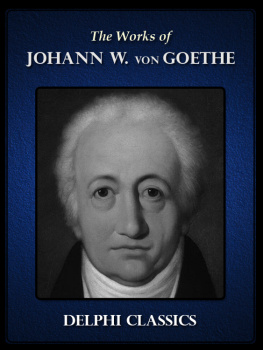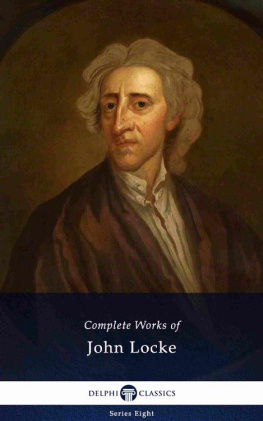The Complete Works of
DAVID HUME
(1711-1776)

Contents

Delphi Classics 2016
Version 1

The Complete Works of
DAVID HUME

By Delphi Classics, 2016
COPYRIGHT
Complete Works of David Hume
First published in the United Kingdom in 2016 by Delphi Classics.
Delphi Classics, 2016.
All rights reserved. No part of this publication may be reproduced, stored in a retrieval system, or transmitted, in any form or by any means, without the prior permission in writing of the publisher, nor be otherwise circulated in any form other than that in which it is published.
ISBN: 978 1 78656 051 3
Delphi Classics
is an imprint of
Delphi Publishing Ltd
Hastings, East Sussex
United Kingdom
Contact: sales@delphiclassics.com
www.delphiclassics.com
Parts Edition Now Available!

Love reading David Hume ?
Did you know you can now purchase the Delphi Classics Parts Edition of this author and enjoy all the novels, plays, non-fiction books and other works as individual eBooks? Now, you can select and read individual novels etc. and know precisely where you are in an eBook. You will also be able to manage space better on your eReading devices.

The Parts Edition is only available direct from the Delphi Classics website.
For more information about this exciting new format and to try free Parts Edition downloads , please visit this link .
The Books

Site of Lawnmarket, Edinburgh Humes birthplace. This section of the High Street was rebuilt in 1828 following the Great Fire of Edinburgh in 1824.

View of the Lawnmarket, 1825, by W. H. Lizars
A TREATISE OF HUMAN NATURE

BEING AN ATTEMPT TO INTRODUCE THE EXPERIMENTAL METHOD OF REASONING INTO MORAL SUBJECTS
First published in parts from 1738 to 1740, this philosophical treatise is divided into three parts: Book 1: Of the Understanding An investigation into human cognition; Important statements of Skepticism; Book 2: Of the Passions A treatment of emotions and free will; Book 3: Of Morals A treatment of moral ideas, justice, obligations, benevolence. A Treatise of Human Nature is generally considered to be Humes most important work and one of the most significant books in the history of philosophy, though upon its first release the British public were sceptical about its merits. After deciding that the Treatise had problems of style rather than of content, Hume reworked some of the material for more popular consumption in An Enquiry Concerning Human Understanding (1748), which did not prove greatly successful either, but was somewhat more so than the first attempt.
The introduction presents the idea of placing all science and philosophy on a novel foundation: namely, an empirical investigation into human psychology. Hume begins by acknowledging that common prejudice against metaphysical reasonings, a prejudice formed in reaction to the present imperfect condition of the sciences (including the endless scholarly disputes and the inordinate influence of eloquence over reason). But since the truth must lie very deep and abstruse where the greatest geniuses have not found it, careful reasoning is still needed. All sciences, Hume continues, ultimately depend on the science of man: knowledge of the extent and force of human understanding... the nature of the ideas we employ, and... the operations we perform in our reasonings is needed to make real intellectual progress. So Hume hopes to explain the principles of human nature, thereby proposing a compleat system of the sciences, built on a foundation almost entirely new, and the only one upon which they can stand with any security. But an a priori psychology would be hopeless: the science of man must be pursued by the experimental methods of the natural sciences. This means we must rest content with well-confirmed empirical generalisations, forever ignorant of the ultimate original qualities of human nature. And in the absence of controlled experiments, we are left to glean up our experiments in this science from a cautious observation of human life, and take them as they appear in the common course of the world, by mens behaviour in company, in affairs, and in their pleasures.
In the first book, Hume opens with the argument that each simple idea is derived from a simple impression, so that all our ideas are ultimately derived from experience: thus Hume accepts concept empiricism and rejects the purely intellectual and innate ideas found in rationalist philosophy. His doctrine draws on two important distinctions: between impressions (the forceful perceptions found in experience, all our sensations, passions and emotions) and ideas (the faint perceptions found in thinking and reasoning), and between complex perceptions (which can be distinguished into simpler parts) and simple perceptions (which cannot). Our complex ideas, he acknowledges, may not directly correspond to anything in experience (e.g., we can form the complex idea of a heavenly city). But each simple idea directly corresponds to a simple impression resembling it and this regular correspondence suggests that the two are causally connected. Since the simple impressions come before the simple ideas, and since those without functioning senses end up lacking the corresponding ideas, Hume concludes that simple ideas must be derived from simple impressions.

The first editions title page
CONTENTS

John Locke (1632-1704) was an English philosopher and physician, widely regarded as one of the most influential of Enlightenment thinkers and commonly known as the Father of Liberalism. Lockes theory of mind is often cited as the origin of modern conceptions of identity and the self, figuring prominently in the work of later philosophers such as Hume, Rousseau and Kant.
ADVERTISEMENT.
My design in the present work is sufficiently explained in the Introduction. The reader must only observe, that all the subjects I have there planned out to myself, are not treated of in these two volumes. The subjects of the Understanding and Passions make a compleat chain of reasoning by themselves; and I was willing to take advantage of this natural division, in order to try the taste of the public. If I have the good fortune to meet with success, I shall proceed to the examination of Morals, Politics, and Criticism; which will compleat this Treatise of Human Nature. The approbation of the public I consider as the greatest reward of my labours; but am determined to regard its judgment, whatever it be, as my best instruction.
Next page

